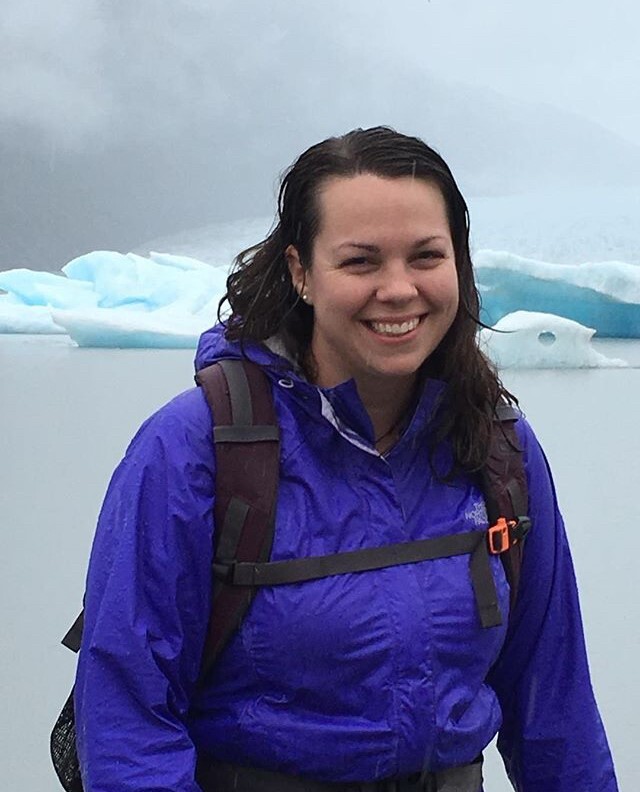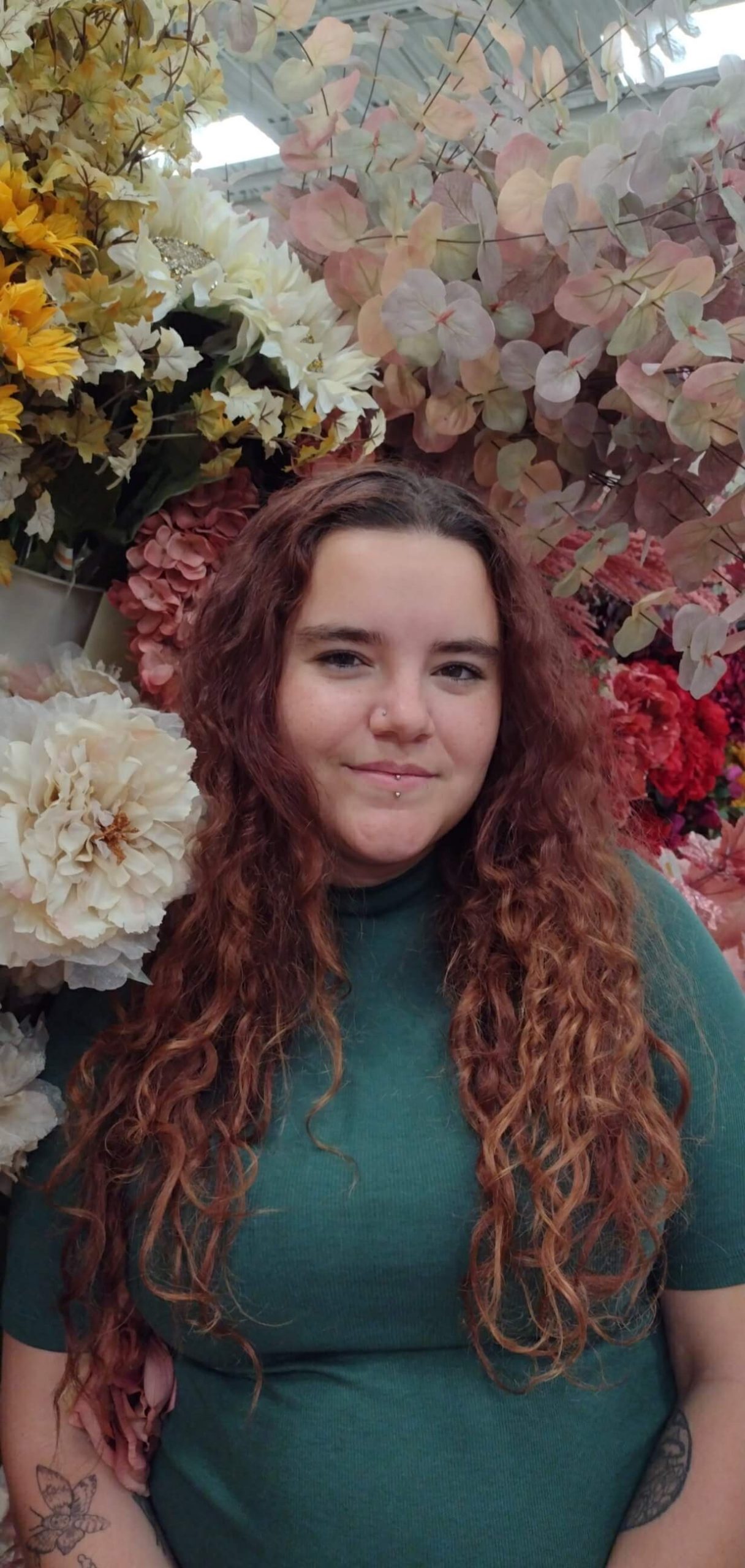Vision Therapy and Neuro Rehabilitation Therapy
Vision Therapy and Neuro Rehabilitation Therapy is a subspecialty in optometry
What is Vision Therapy or
Neuro Rehabilitation Therapy?
Neuro Rehabilitation Therapy is a subspecialty in optometry. It is a prescribed treatment used to improve, enhance and/or develop visual function so that the visual system runs more efficiently and automatically. This is done by building stronger, faster, more connected neural pathways regardless of age. We could call it brain therapy!
Patients learn to use their visual abilities in new and more efficient ways by participating in various vision exercises that utilize lenses, prisms, filters, patches and other materials and equipment. Exercises are designed to bring a skill or set of skills to conscious awareness, practice using those skills to mastery so they become automatic.
The overall goal of treatment is to alleviate signs and symptoms of visual function problems, maximize visual and overall performance, meet the patient’s needs and improve the patient’s quality of life.
How Can We Change Brain Function Through Vision Therapy or Neuro Rehabilitation Therapy?
Throughout life, neural networks reorganize and reinforce themselves in response to new experiences. Body-mind interaction is what stimulates brain cells to grow and connect with each other in complex ways. The human brain continues to grow and improve with exercise.
New dendritic connections can be formed at any age, and the more a pathway is used, the faster the transmission of the information. Vision therapy relies on this neural plasticity, or the ability to enhance brain function to restore, reinforce and enhance performance.
A good vision therapy program works within a framework of developmental hierarchies. It is important for patients to self discover through the exercises prescribed in order to derive meaning and form a foundation that they can use in familiar, as well as new, visual situations.
In vision therapy, individuals relearn or enhance the use of different brain (or thought) processes to alleviate visual discomfort and use visual skills more efficiently and integrate them with other senses more effectively.
Who Can Benefit From Vision Therapy?
Anybody at any age who has been determined to have a visual problem, developmental delay, reduced performance in school, work or play can benefit from vision therapy. Anyone who feels they are not meeting their potential or working harder than they should to meet their potential. Other individuals may be very symptomatic of vision dysfunction by experiencing headaches, fatigue and blurry or double vision. Anyone that has experienced whiplash or a concussion regardless of if imaging came back normal and feels that they function differently after the accident.
Vision therapy is commonly used for (but not limited to) the following:
- Accommodative dysfunctions
- Ocular motor dysfunctions
- Binocular dysfunctions
- Visual motor disorders
- Visual perceptual disorders
- Post Concussive Syndrome
- Learning related visual problems
- Sensory Integration
- Traumatic brain injury rehabilitation
- Sports vision enhancement
- Strabismus
- Post COVID Syndrome
- Amblyopia
- Myopia control
- Attention deficit disorders
- Autism spectrum disorders
- Convergence Insufficiency
- COVID Long Haulers Syndrome
- Accommodative dysfunctions
- Ocular motor dysfunctions
- Binocular dysfunctions
- Visual motor disorders
- Visual perceptual disorders
- Learning related visual problems
- Sensory Integration
- Traumatic brain injury rehabilitation
- Sports vision enhancement
- Strabismus
- Amblyopia
- Myopia control
- Attention deficit disorders
- Autism spectrum disorders
- Convergence Insufficiency
- Post Concussive Syndrome
- Post COVID Syndrome
- COVID Long Haulers Syndrome
Meet Our Vision Therapists
Meet Our
Vision Therapists

Shelley Butters
Shelley joined the vision therapy team at Katmai in 2017. Originally from Ohio, Shelley got
her bachelor’s degree in Sociology and Anthropology from Denison University in 2012 and moved to Alaska permanently in 2014. Before coming to Katmai, she worked as a park ranger, archaeological technician, and an optician, earning her ABO in 2017. Shelley
completed her Certificate of Vision Therapy in 2021 and is Katmai’s Lead VT. She particularly enjoys working with patients with TBIs, strokes, long COVID, and other complex cases. Her favorite part of doing vision therapy is getting to build meaningful relationships with her patients.
In her free time, Shelley enjoys hiking and camping with her dog, Benny; gardening; and playing ultimate frisbee.
Liz Markley
Liz joined the Katmai team in 2021. Liz came from a background of children’s behavioral therapy, behavioral psychology, and children’s development with a focus on neurodivergent children. Liz shows great care for all their patients and helps them to develop awareness of their visual system and visual processing using behavioral approaches. Liz is currently working towards a vision therapy certification.
Liz enjoys spending time with their partner, paddling through rivers and lakes. Liz’s favorite part about vision therapy is working with visual processing and vestibular issues, and seeing people gain skills that will help them throughout life.

Evie Hope-Goldman
Evie joined the Katmai team in 2022. Evie comes from a background of children’s educational development through outdoor education. Evie does great work with children, focusing on helping them learn and develop binocular vision and visual perceptual skills that will help them in school and throughout life.
Evie is currently working towards a degree in Marine Biology at Alaska Pacific University.
Evie enjoys enjoying the Alaskan outdoors in her off time, and her favorite part of vision therapy is when patients notice improvement in their day to day lives.
Make your appointment today with either Dr. Sheryl Lentfer or Dr. Laura Sifferman Kompkoff.
